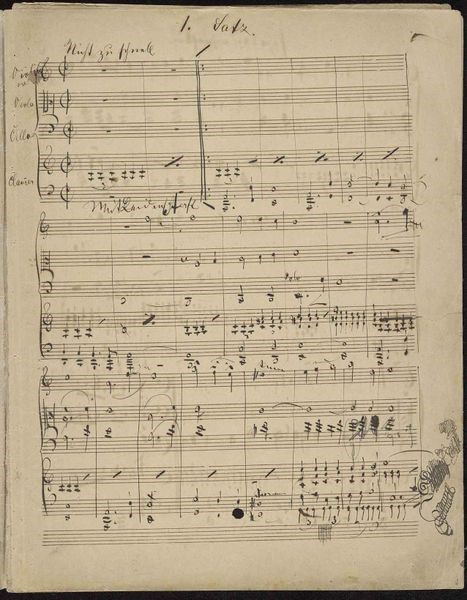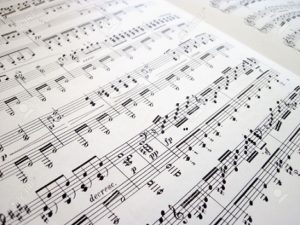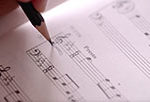
Gustav Mahler (1860-1911) was known as a conductor when he was alive, and his music slowly became popular since his death. His ten symphonies and some songs are probably his most well-known output, but today we want to talk about the earliest authenticated work that had survived. The authorship of the work is, however, not without debate.
Mahler's Piano Quartet was possibly composed in 1876, when he was 16 and a student at the Vienna Conservatory. The first movement (Nicht zu schnell, not too fast) in
A Minor and 24 measures of Scherzo in G minor survived. This is also the only work of his that does not have a literary link and his only extant chamber work. The first public performance took place on September 12, 1876 in Mahler's hometown Iglau with some fellow students and Mahler on the piano. The publication of the work had to wait till 1973, almost a hundred years after it was composed. The modern-day premiere took place on February 12, 1964 by Peter Serkin on the piano and members of the Galimir Quartet on the strings.
The movement is in sonata form. Composed at an early age, this work already foreshadowed the composer's mature style, as the first theme is reminiscent of the Sixth Symphony and Das Lied von der Erde.
This work is used in Martin Scorsese's The Shutter Island (2010), in which the characters Teddy Daniels (Leonardo DiCaprio), Chuck Aule (Mark Ruffalo), Dr. Cawley (Ben Kingsley) and Dr. Naehring (Max von Sydow) are having a conversation. The repeated appearances of the themes certainly added tension into the scene, and the line "It's Mahler" by Leonardo DiCaprio might be the only time we hear him call Mahler's name in a movie. Now please enjoy the work and the scene from the movie!
Raring to play the piano like a pro?
Start learning with our 30-day free trial! Try our piano courses!About Liberty Park Music
LPM is an online music school. We teach a variety of instruments and styles, including classical and jazz guitar, piano, drums, and music theory. We offer high-quality music lessons designed by accredited teachers from around the world. Our growing database of over 350 lessons come with many features—self-assessments, live chats, quizzes etc. Learn music with LPM, anytime, anywhere!










